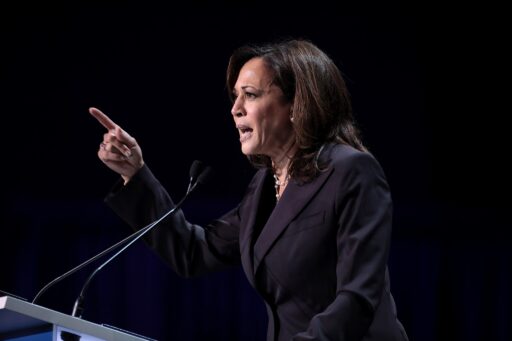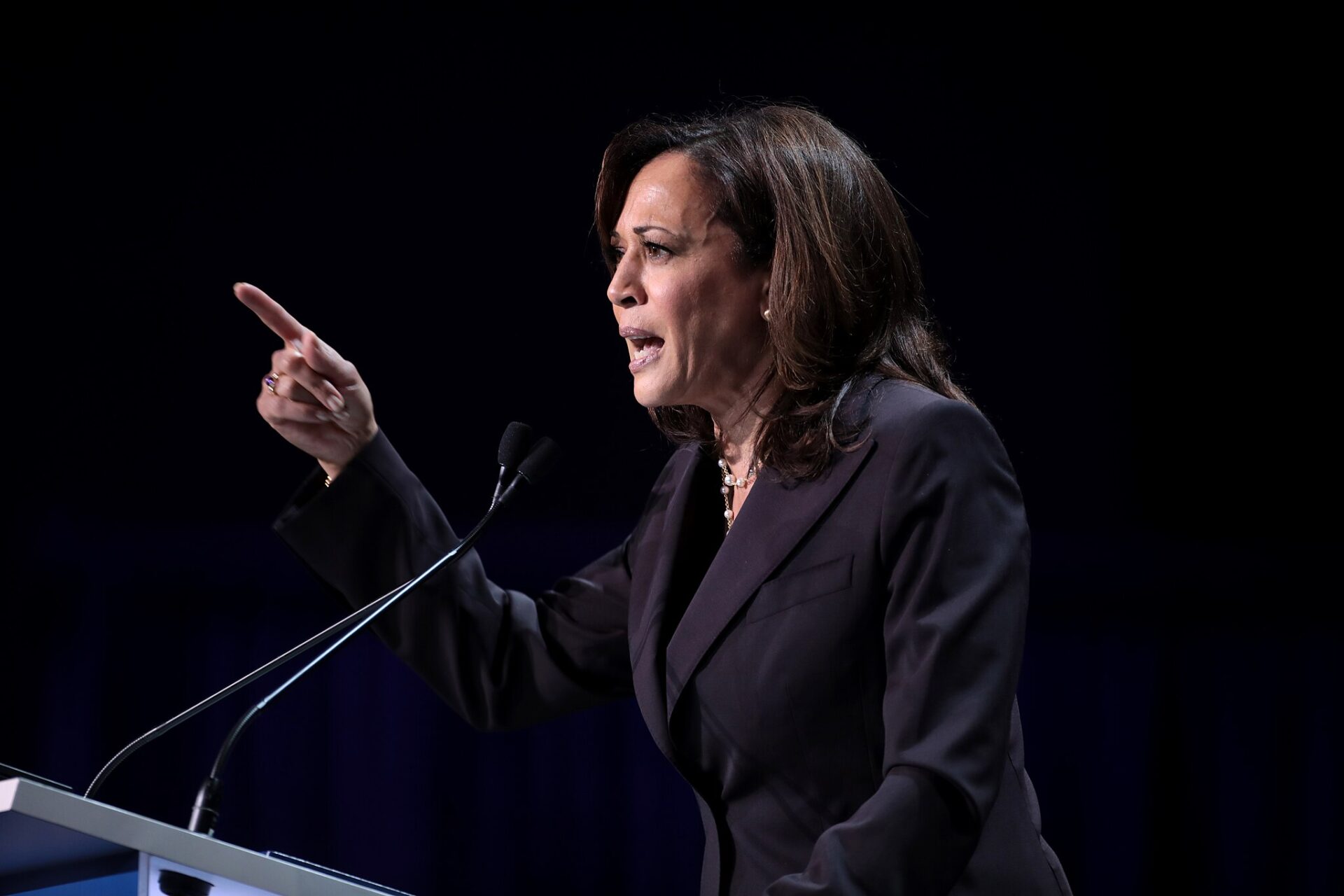Why is Kamala refusing to answer?
During a recent interview with the National Association of Black Journalists, Vice President Kamala Harris offered a highly ambiguous response regarding her stance on slavery reparations. When asked if she would take specific actions as president to establish a commission on reparations or if she believed it should be left to Congress, her reply was characteristic of her tendency to avoid direct answers.
Harris emphasized the importance of acknowledging the historical injustices of slavery, redlining, and Jim Crow laws. “We need to speak truth about the generational impact of our history,” she stated, but her words seemed to skirt the core question. Instead of outlining clear steps she would take, she focused on the need for dialogue around these issues, suggesting that solutions would emerge from discussing historical facts rather than providing concrete policy proposals.
As a senator, Harris co-sponsored legislation aimed at forming a federal committee to investigate the history of slavery and potential reparations for African Americans. Yet, in her recent comments, she shifted responsibility to Congress, saying that while executive actions could be beneficial, substantial progress would require legislative efforts. “If you’re going to talk about it in any substantial way, there will be hearings, there will be a level of public education and dialogue,” she remarked.
In an implicit critique of some political figures, Harris suggested the need to confront those who downplay the negative impact of slavery. This comment appeared to be directed at Florida Governor Ron DeSantis, with whom she has had public disagreements over educational policies related to slavery.
For many Republicans, this kind of non-committal stance on reparations raises concerns about the effectiveness of leadership that avoids clear, actionable solutions. As discussions on race and reparations continue, the need for accountability and definitive action is paramount, and vague rhetoric may not satisfy the demands of a nation looking for genuine progress.







